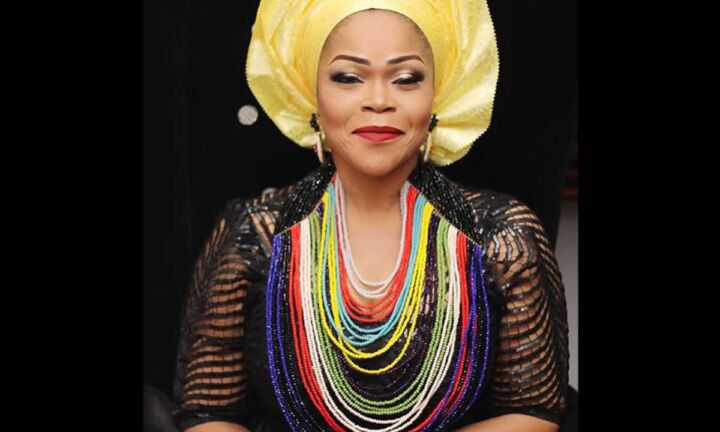Veteran actress Shaffy Bello has joined the renewed call for justice for the late Elizabeth Ochanya Ogbanje. Recall that the deceased recently died after she was allegedly sexually abused by her uncle and his son in Benue State.
Sharing a picture of the alleged victim on her Instagram page, the Nollywood star expressed anger over the injustice surrounding her death.

“WE WANT JUSTICE!!!! 💔😡
I don’t care if you have only 2 followers….GET ON BOARD!!!!
OCHANYA IS OURS!!!!” she wrote.
Ochanya, a student of Federal Government Girls College, Gboko, passed on October 17, 2018, from complications of vesicovaginal fistula (VVF), which she reportedly developed after years of sexual abuse by her aunt’s husband, Andrew Ogbuja, a lecturer at Benue State Polytechnic, Ugbokolo, and his son, Victor Ogbuja.
She was buried on November 2, 2018, in her village, Ogene-Amejo, Okpokwu Local Government Area of Benue State.
The case sparked nationwide outrage, prompting legal proceedings against the accused persons. However, in 2022, a Benue State High Court acquitted Andrew Ogbuja of rape and culpable homicide charges over what it described as a lack of sufficient evidence.
His wife Felicia, who was Ochanya’s guardian, was, however, convicted of negligence for failing to protect the girl and sentenced to five months’ imprisonment.
Victor has remained at large since 2018 as activists continue to call for his arrest and prosecution.
WOW.
Nollywood is a sobriquet that originally referred to the Nigerian film industry. The origin of the term dates back to the early 2000s, traced to an article in The New York Times. Due to the history of evolving meanings and contexts, there is no clear or agreed-upon definition for the term, which has made it a subject to several controversies.
The origin of the term “Nollywood” remains unclear; Jonathan Haynes traced the earliest usage of the word to a 2002 article by Matt Steinglass in the New York Times, where it was used to describe Nigerian cinema.
Charles Igwe noted that Norimitsu Onishi also used the name in a September 2002 article he wrote for the New York Times. The term continues to be used in the media to refer to the Nigerian film industry, with its definition later assumed to be a portmanteau of the words “Nigeria” and “Hollywood”, the American major film hub.
Film-making in Nigeria is divided largely along regional, and marginally ethnic and religious lines. Thus, there are distinct film industries – each seeking to portray the concern of the particular section and ethnicity it represents. However, there is the English-language film industry which is a melting pot for filmmaking and filmmakers from most of the regional industries.
Support InfoStride News' Credible Journalism: Only credible journalism can guarantee a fair, accountable and transparent society, including democracy and government. It involves a lot of efforts and money. We need your support. Click here to Donate
